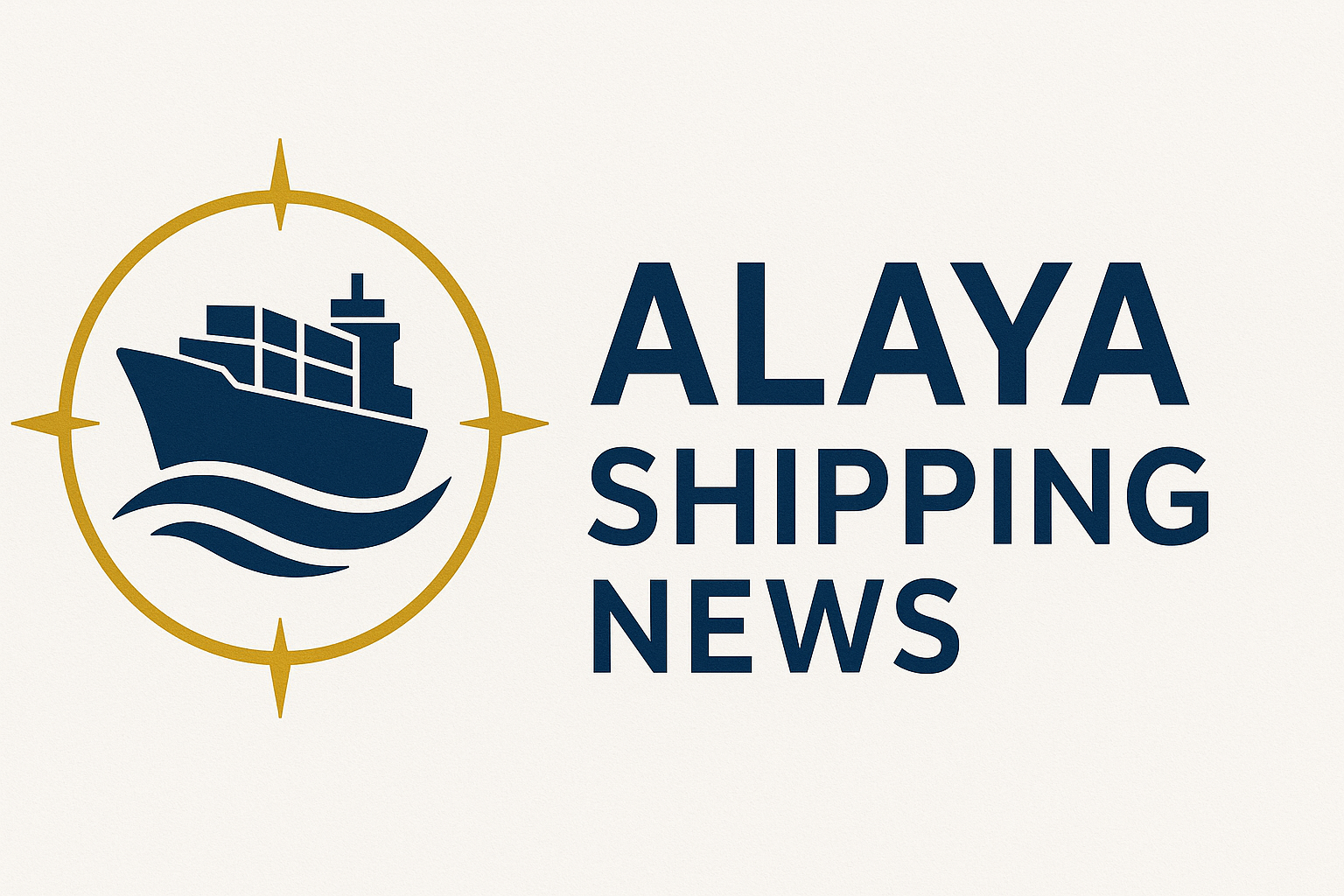*Published: 2025-08-19 17:37 (Europe/Oslo)*
**Marine Insurers Urged to Address Modern Slavery Risks in Global Maritime Supply Chains**
The global maritime industry, a cornerstone of international trade, faces mounting pressure to address modern slavery risks within its supply chains. This issue, long overshadowed by environmental concerns and economic factors, has recently gained prominence due to heightened awareness and regulatory scrutiny. The call for marine insurers to play a pivotal role in mitigating these risks highlights the industry’s complex interplay between human rights, financial liability, and operational integrity.
**The Rising Tide of Modern Slavery Concerns**
Modern slavery, encompassing forced labor and human trafficking, remains a pervasive issue within global supply chains, including maritime operations. According to a report by gCaptain, marine insurers are being urged to take proactive steps in identifying and mitigating these risks. The maritime industry, responsible for transporting approximately 90% of the world’s goods, is particularly vulnerable due to its vast and often opaque supply chains that span multiple jurisdictions with varying labor standards.
The urgency to address these concerns is further amplified by recent global events and regulatory developments. The COVID-19 pandemic has exacerbated vulnerabilities within the workforce, leading to increased instances of exploitation. Additionally, regulatory bodies and international organizations are intensifying their focus on human rights compliance, compelling companies to reassess their operational practices and due diligence processes.
**The Role of Marine Insurers**
Marine insurers are uniquely positioned to influence the maritime industry’s approach to modern slavery. As providers of essential risk management services, insurers can leverage their influence to promote higher standards of corporate responsibility and ethical conduct. By integrating modern slavery risk assessments into their underwriting processes, insurers can incentivize shipping companies to adopt more rigorous labor practices.
According to gCaptain, there is a growing consensus that insurers should require transparency and accountability from their clients regarding labor conditions aboard vessels. This could involve mandating regular audits, implementing whistleblower protections, and ensuring compliance with international labor standards. Such measures not only protect workers but also mitigate financial and reputational risks for insurers and their clients.
**Regulatory and Geopolitical Implications**
The push for greater accountability in addressing modern slavery risks is not occurring in a vacuum. It is part of a broader geopolitical and regulatory landscape that increasingly prioritizes human rights. Governments and international bodies are enacting stricter regulations to combat forced labor, with significant implications for the maritime industry.
For instance, recent legislation in the United States and Europe mandates greater transparency in supply chains, requiring companies to disclose their efforts in eradicating forced labor. Failure to comply can result in severe penalties, including fines and import bans. This regulatory pressure creates a compelling incentive for marine insurers to align their policies with these evolving standards.
Moreover, the geopolitical dynamics of global trade routes, particularly in regions with weaker labor protections, further complicate the issue. Insurers must navigate these complexities, balancing the need for comprehensive coverage with the ethical imperative to prevent exploitation.
**The Economic and Operational Impact on the Maritime Industry**
Addressing modern slavery risks presents both challenges and opportunities for the maritime industry. On the one hand, implementing robust labor standards and compliance measures can incur additional costs and operational adjustments. Shipping companies may need to invest in training, monitoring systems, and third-party audits to ensure compliance with insurer requirements.
On the other hand, embracing these changes can enhance a company’s reputation and competitiveness. Consumers and investors are increasingly prioritizing ethical considerations in their purchasing and investment decisions. Companies that demonstrate a commitment to human rights may gain a competitive edge, attracting business from ethically conscious clients and partners.
Furthermore, addressing modern slavery risks can lead to operational efficiencies by fostering a more motivated and stable workforce. Reducing turnover and improving worker satisfaction can enhance productivity and reduce the likelihood of costly disruptions.
**Conclusion: Navigating the Future of Maritime Supply Chains**
The call for marine insurers to address modern slavery risks underscores a critical juncture for the maritime industry. As the world becomes more interconnected and socially conscious, the pressure to uphold ethical standards will only intensify. Insurers, shipping companies, and regulatory bodies must collaborate to create a more transparent and accountable supply chain.
In a base scenario, the industry could see gradual improvements in labor practices, driven by regulatory compliance and insurer initiatives. A bullish scenario envisions a transformative shift, with the maritime sector leading the charge in ethical supply chain management, setting a precedent for other industries. Conversely, a bearish scenario could unfold if companies resist change, resulting in increased regulatory penalties and reputational damage.
Ultimately, the maritime industry’s response to modern slavery risks will shape its future trajectory, influencing not only its economic viability but also its role in fostering a more equitable global economy.
—
**Sources (selection):**
– https://gcaptain.com/marine-insurers-urged-to-address-modern-slavery-risks-in-global-maritime-supply-chains/
– https://splash247.com/ammonia-engine-tests-show-95-emission-cut/
– https://splash247.com/mol-and-itochu-ink-deal-for-singapore-ammonia-bunkering-demo/
